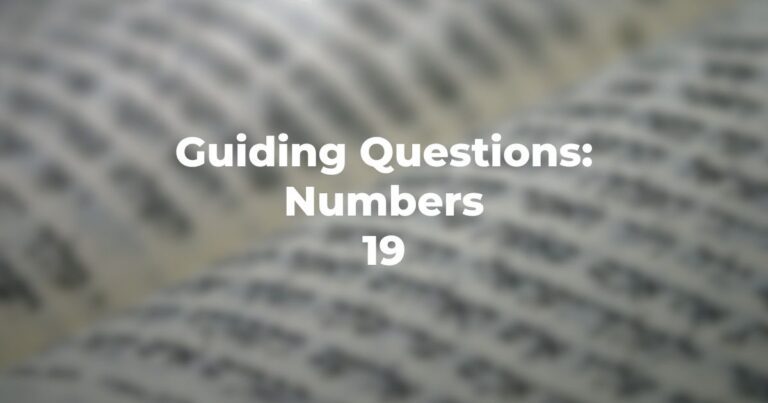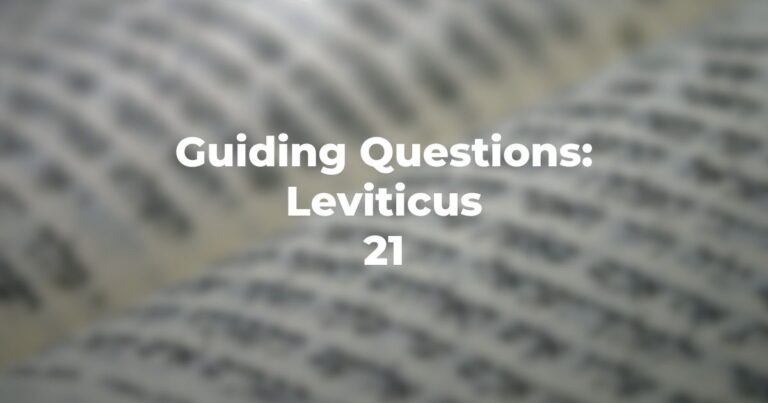- In this continuation of Elihu’s speech, what is he seeking to demonstrate (Job 37:1-13)?
- What does he mean by God’s “voice” (Job 37:4-5)? Compare Psalms 29.
- The beginning of Job 37:7, “a sign on every man’s hand” is rendered “he [God] shuts up every man indoors” by others. Which version is more appropriate to the context?
- In Job 37:9, “constellation” is rendered “scattering winds” by others. Which version is more appropriate?
- What are the two ways in which the forces of nature can be regarded (Job 37:13)?
- Can Elihu’s description be summarized by the modern term “act of God”?
- What is the gist of Elihu’s admonition to Job (Job 37:14-24)?
- What is the force of the rhetorical questions in Job 37:15-18?
- What is the nature of the south wind and its effect on human beings (Job 37:17)?
- What is Elihu’s summation of man’s relationship to God (Job 37:23-24)?
- Why does he say that God does not “torment”? Others (Scheindlin) suggest the rendering “He does not answer.” Which is more accurate?
- Are you satisfied with Elihu’s lengthy oration which ends here? Does it truly address Job’s dilemma?
Author
-

Exploring Judaism is the digital home for Conservative/Masorti Judaism, embracing the beauty and complexity of Judaism, and our personal search for meaning, learning, and connecting. Our goal is to create content based on three core framing: Meaning-Making (Why?), Practical Living (How?), and Explainers (What?).
View all posts





